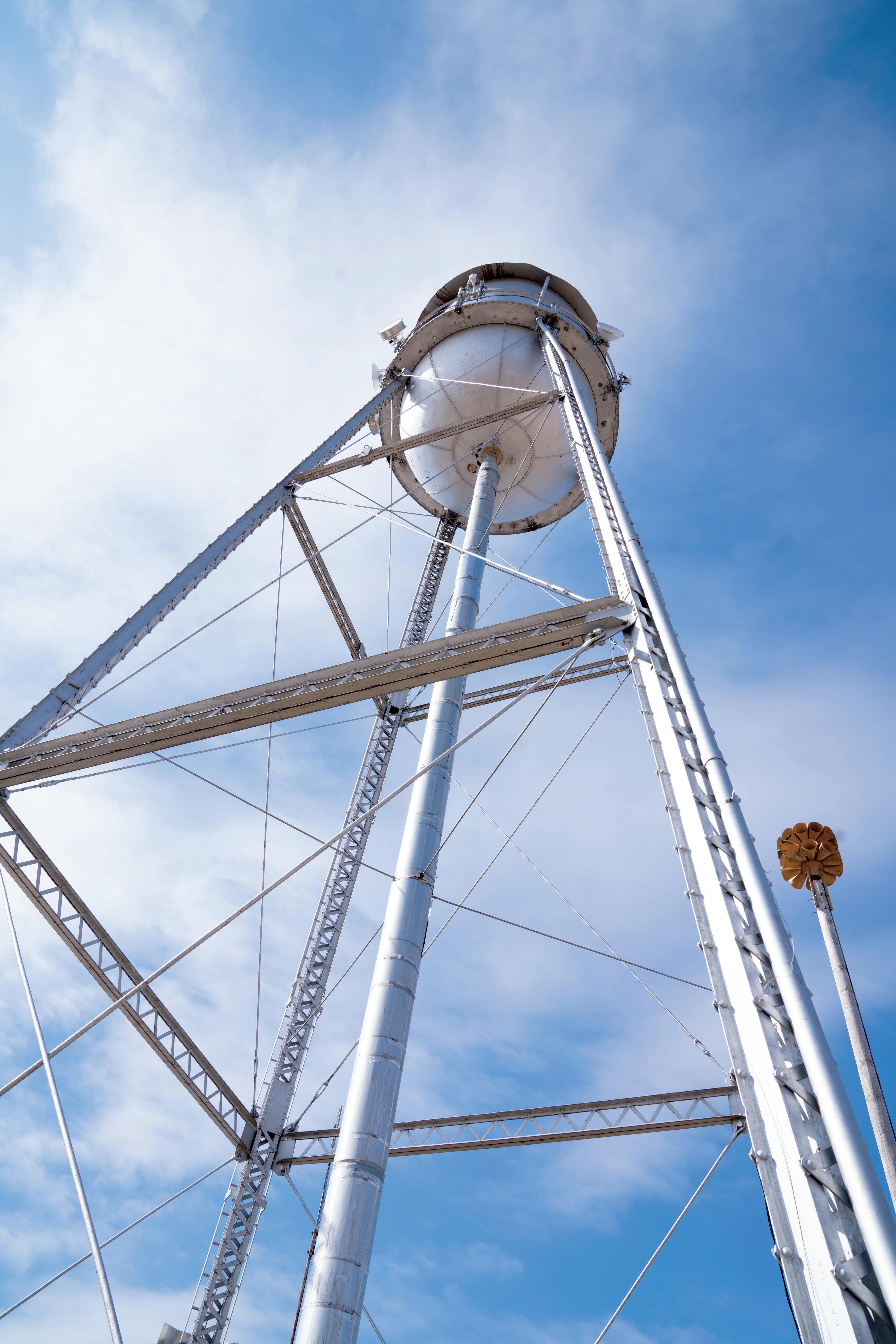






The Oklahoma Rural Water Association (ORWA) is a non-profit organization whose purpose is to assist water and wastewater systems with day-to-day operational and management problems.

ORWA was formed in 1970. Prior to that, rural and small utilities in Oklahoma had little, if any voice in legislative and regulatory issues. They also had no on-site technical assistance provider in the state to assist utilities with their systems needs. Today, more than 550 water and/or wastewater utilities are members of the ORWA.
To enhance the quality of life in Oklahoma, through the development and delivery services and programs, for the benefit of ORWA members and the rural people they serve. 3.98 million people are currently served in Oklahoma.
As of the Rally, we will have 31 full-time employees on staff at ORWA including Water Circuit Riders, Wastewater Technicians and Trainers, Water Trainers and Source Water Technicians that provide on-site training and technical assistance to utility operations each day throughout the state.
Each year ORWA holds an Annual Technical Conference, an Equipment Expo, and a Fall Conference. During these events, classes are held for management, board and office personnel, as well as for water and wastewater operators.

ORWA provides a legislative voice for water and wastewater utilities on issues in the state and federal levels during legislative sessions. ORWA is a member of the National Rural Water Association which brings all state rural water associations together to speak from one national organization at the federal level to ensure that rules and regulations are reasonable, practical and affordable for all systems.
ORWA is governed by a 16-member non-paid Board of Directors. The State of Oklahoma is divided up into four regions, with four directors elected by those member systems to represent each region.





 Arvil Morgan President
Dennis Meyers Vice Chairman
Sheldon Tatum Secretary
Darren Hughes Treasurer
Region 1 Region 2
Region 3 Region 4
Jeff McIntosh
John Britton
Melvin Lawson
Gary McGuire
Rick Boone
Jerry Gammill
Bill Sims
Darrell Wootton
Larry Bogges
Bobby Friend
Robert Moore
Tom Whitaker
Jimmy Seago Chief Executive Officer
Carly Cordell Chief of Staff
Arvil Morgan President
Dennis Meyers Vice Chairman
Sheldon Tatum Secretary
Darren Hughes Treasurer
Region 1 Region 2
Region 3 Region 4
Jeff McIntosh
John Britton
Melvin Lawson
Gary McGuire
Rick Boone
Jerry Gammill
Bill Sims
Darrell Wootton
Larry Bogges
Bobby Friend
Robert Moore
Tom Whitaker
Jimmy Seago Chief Executive Officer
Carly Cordell Chief of Staff
ORWA has been hard at work the last few years developing a program that would elevate the rural water and wastewater systems of Oklahoma to a best-in-class business model and turn the state into one of the top in the nation on providing long-range value for its citizens through water and wastewater services.
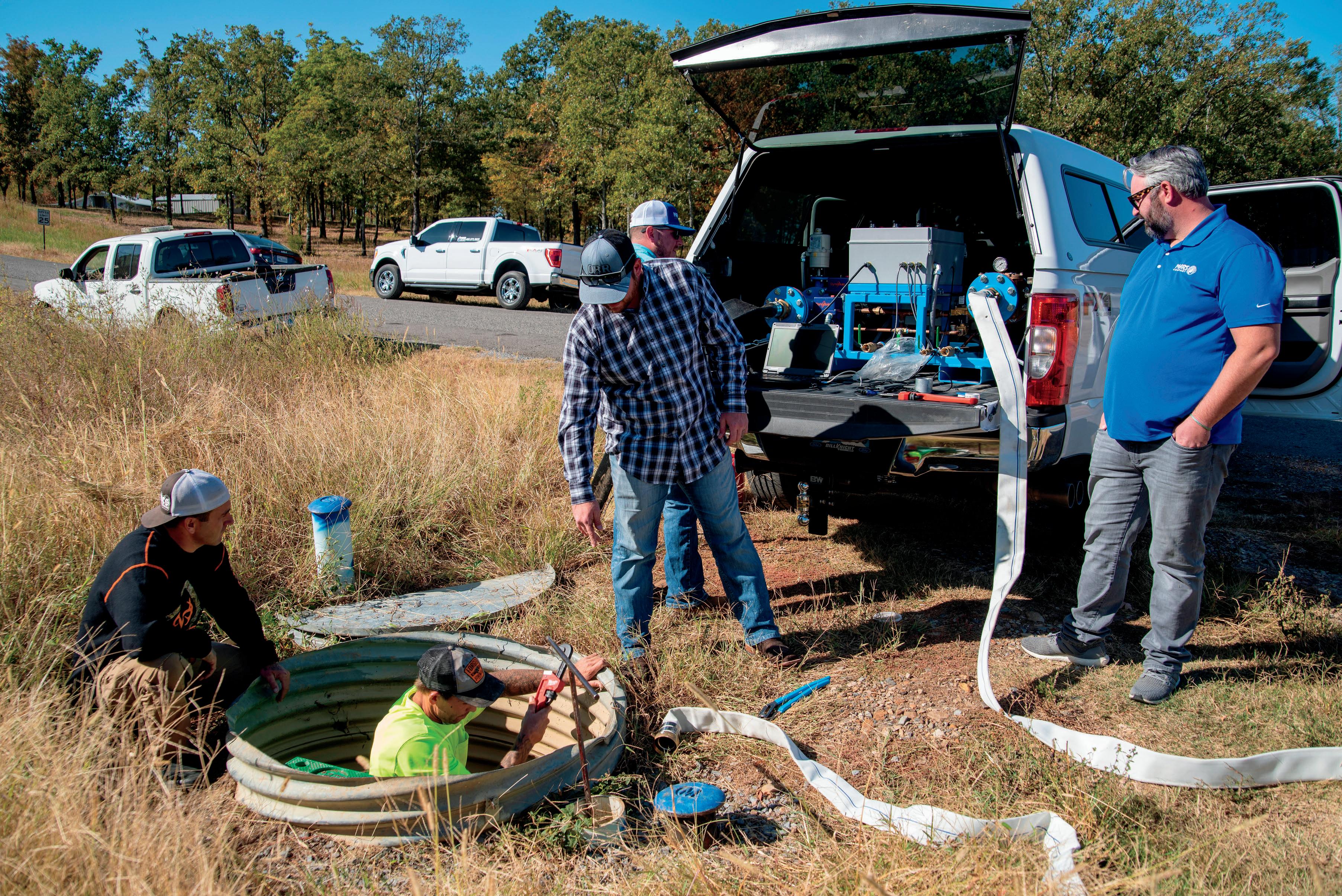
In 2022, The Oklahoma Strategic Alliance was awarded the Water for 2060 Award, for their commitment and cooperation towards making Oklahoma a more sustainable state.
Together with the Office of the Oklahoma Secretary of Energy and Environment, the Oklahoma Department of Environmental Quality, the Oklahoma Water Resources Board, and the Oklahoma Rural Water Association, a Sustainability Program is designed for each system to assess themselves through a living document that provides a checklist that includes source water, production, treatment, employee retention, board participation, financial management and every part it takes to operate a sustainable system for years to come.

water loss audits were completed at rural Oklahoma water systems, identifying 182 million gallons of water loss per year, valued at $397,000.

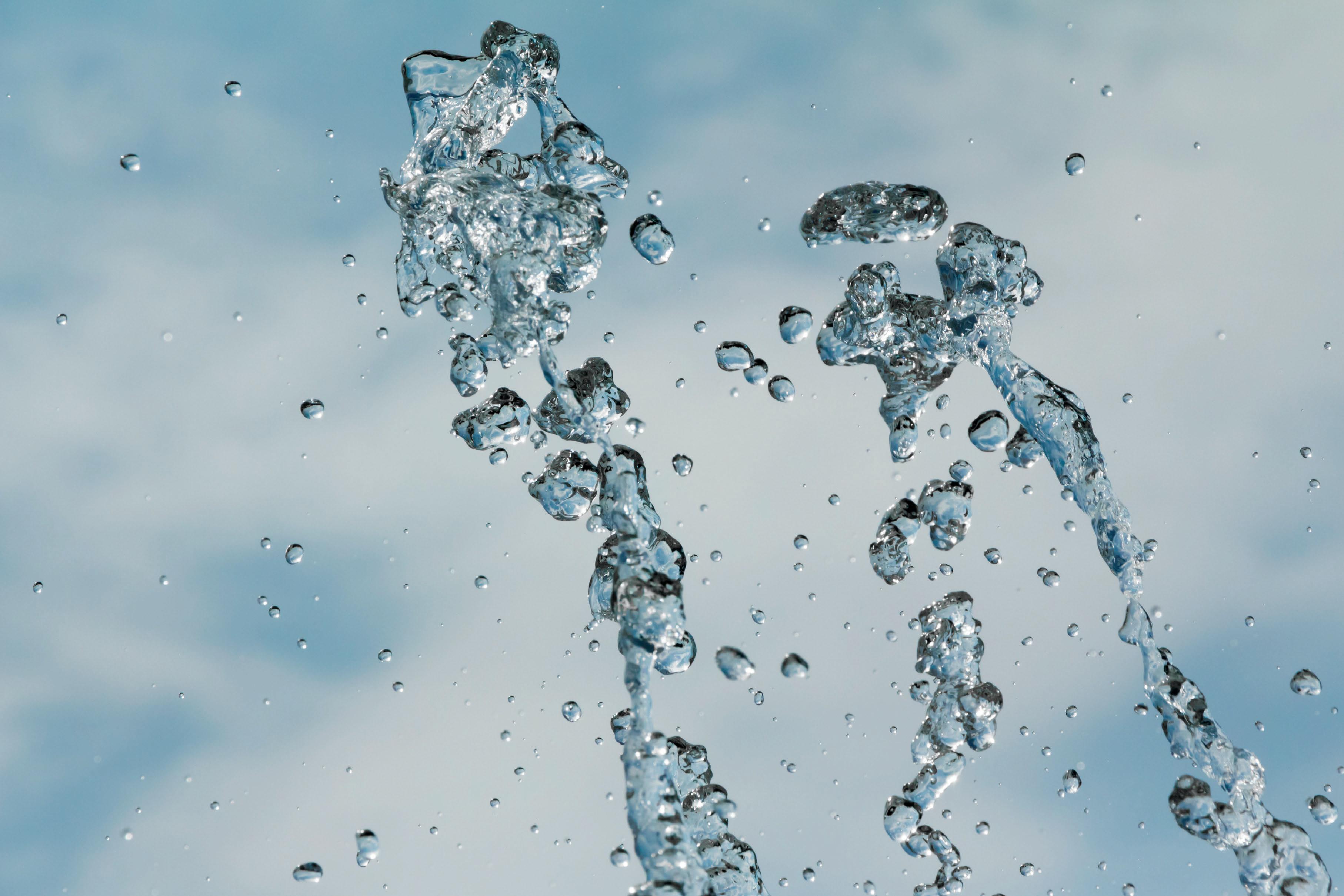
leak detections completed. These leaks were costing the systems 140 million gallons per year, valued at $313,803.
rate studies completed, with a 0.208 average increase in operating ratio and $3.2 million in additional revenue generated.

FY2024 APPROPRIATIONS PRIORITIES
Small and rural communities have the very important public responsibility of complying with all applicable federal Safe Drinking Water Act and Clean Water Act regulations and for supplying the public with safe drinking water and sanitation every second of every day.
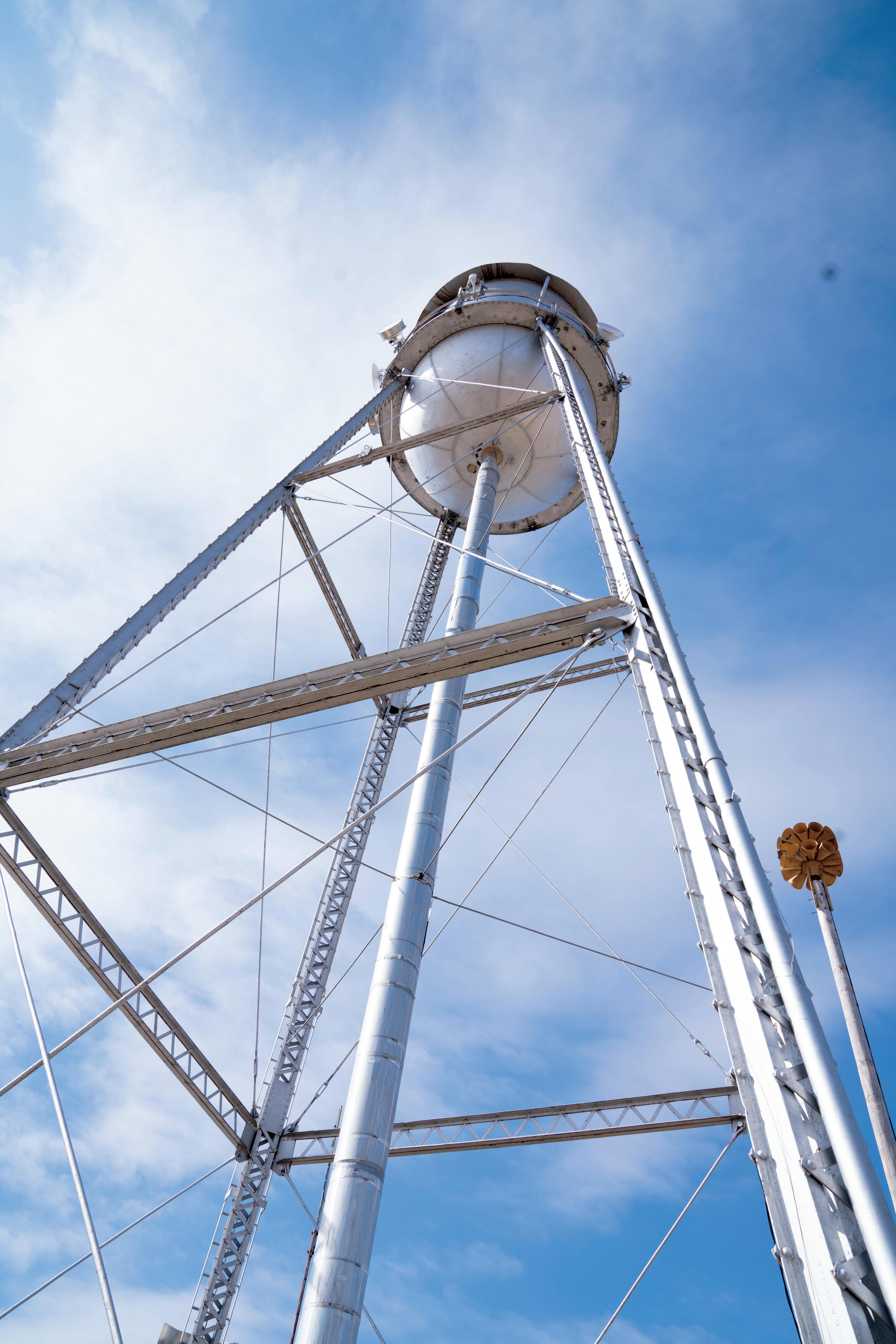
Over 91% of the approximately 50,000 community water systems serve fewer than 10,000 persons and 81% serve fewer than 3,300 persons. Small and rural communities often have difficulty complying with complicated federal mandates and providing safe/affordable drinking water and sanitation due to limited economies of scale and lack of technical expertise. This difficulty is eased due to ongoing and continuing support offered through rural water training and technical assistance programs as highlighted below.
DEAR CONGRESS, PLEASE PRIORITIZE WHAT IS WORKING...


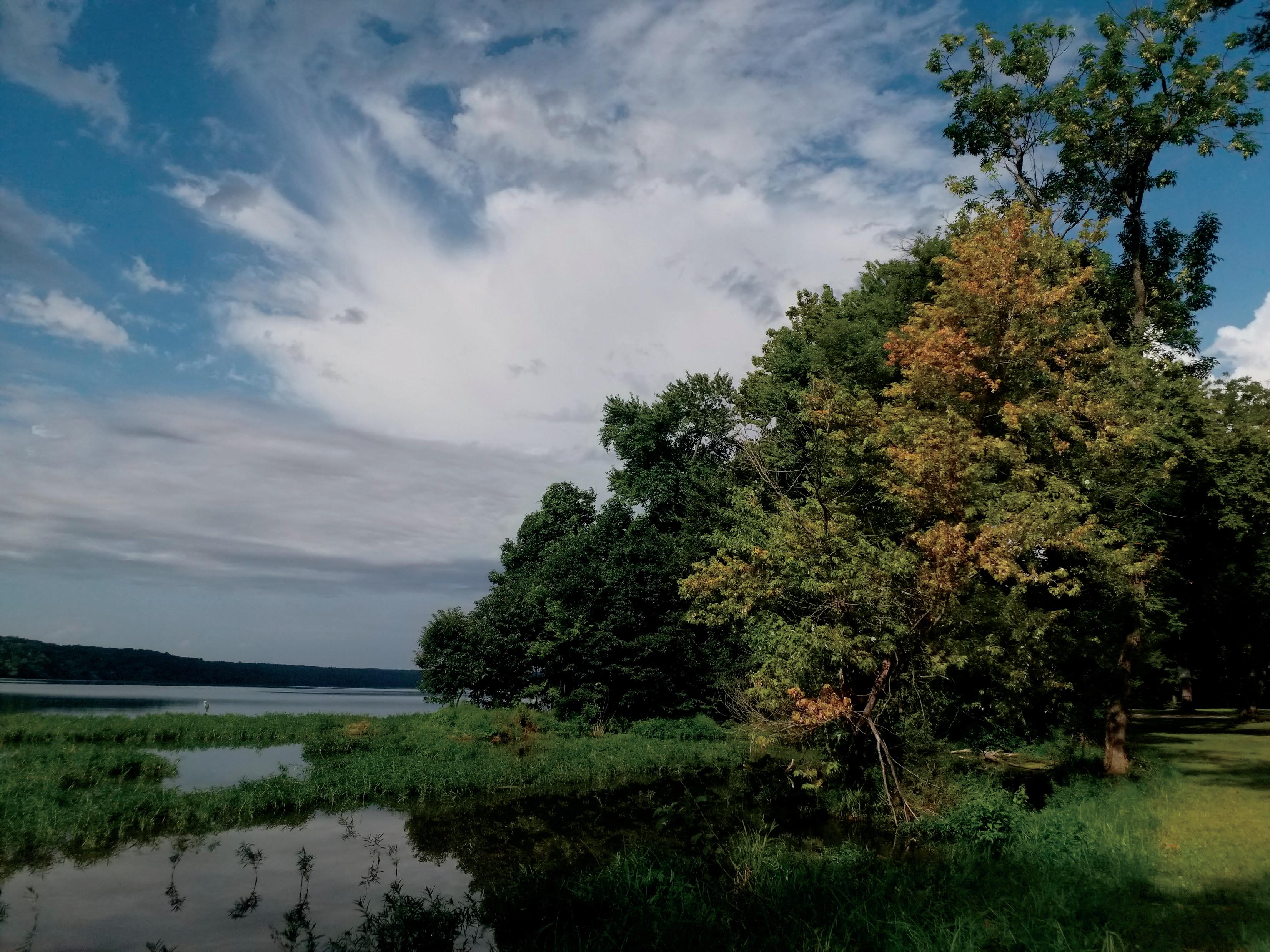

• Write the Appropriations Subcommittee Chairs and Ranking Members in support of Rural Water’s five funding priorities (or include in Members' formal appropriations requests.)
• Personally contact the Subcommittee Chairs and Ranking Members in support of Rural Water’s five funding priorities
• Ask the key staff person in each office to contact the Subcommittees in support of Rural Water’s five funding priorities
Subcomittee House Senate
USDA Interior (EPA)
Labor
Chairman Andy Harris (MD)
Ranking Member TBD
Chairman Mike Simpson (ID)
Ranking Member TBD
Chairman Robert Aderholt (AL)
Ranking Member TBD
Chairwoman TBD
Ranking Member TBD
Chairman TBD
Ranking Member TBD
Chairman TBD
Ranking Member TBD
The National Rural Water Association represents over 31,000 small and rural community members dedicated to drinking water quality, environmental protection and public health protection.

Since 1980, the Circuit Rider Program has been one of USDA’s most successful public-private partnerships, efficiently and effectively using appropriated funds to provide technical expertise, training, and disaster assistance to rural communities through state based nonprofit organizations.
The FY2023 enacted level was $21,180,000, consistent with our requested level and the third-year federal contract cost. This is a five-year competitive contract that was awarded to NRWA on November 1, 2020. The fourth-year option begins on November 1, 2023, with the exact contract cost presented by Rural Development of $21,817,000, consistent with our FY2024 request. This level, or $21,817,000, is a 3.0% or $637,000 increase over the FY2023 contract cost and the funding level enacted by Congress.
Protecting public health is the top priority in every water and wastewater system in America. Since 1990, the National Rural Water Association (NRWA) and State Rural Water Associations have assisted water utilities and rural communities in identifying, controlling, and eliminating pollutants from the nation’s water resources. The NRWA Source Water Protection Program is built around small water utilities, local businesses, agriculture, government, and other groups working together to develop and implement strategies to protect their drinking water sources. It is a voluntary, grassroots planning effort that builds local responsibility and creates more sustainable communities.
The National Rural Water Association requests an appropriation of $7,500,000, consistent with the FY2023 enacted level. NRWA requested, and Congress has appropriated $6.5 million to carry out this initiative from FY2016 to FY2022. For FY2023, Congress increased this account by $1,000,000 to expand services and activities.
The President signed the Grassroots Rural and Small Community Water Systems Assistance Act into law (Public Law 114-98) on December 11, 2015. The House of Representatives unanimously passed the bill on November 30, 2015 and the Senate on June 9, 2015 (also unanimously). The authorization was modified in the Bipartisan Infrastructure Law (H.R.3684, Infrastructure Investment and Jobs Act) to ensure the funding is used in the most beneficial manner for rural and small communities.
The National Rural Water Association requests conference report language appropriating $30,700,000 to fund the provisions of PL 114-98, the Grassroots Rural and Small Community Water Systems Assistance Act, which continues a competitive grant program to provide rural communities with the technical assistance necessary to improve water quality and provide safe drinking water.
Small and rural communities have more difficulty affording public wastewater service due to lack of population density and lack of economies of scale. This challenge is compounded by the fact that rural communities have lower average median household incomes and often have higher rates of poverty. Likewise, rural communities have a much more challenging time complying with federal Clean Water Act permits and operating complex wastewater treatment systems due to the lack of technical resources and expertise in small communities.
The National Rural Water Association requests $27,000,000, consistent with the FY2023 enacted level, to fund section 4103 (33 U.S.C. 1254(b)(8)) of PL 155-270, America's Water Infrastructure Act of 2018. This competitive grant program provides small and rural communities with the technical assistance necessary to improve water quality, operate and maintain public wastewater treatment utilities, assist with permitting, comply with federal Clean Water Act regulations and apply for federal funding under the Clean Water State Revolving Funds.
NRWA, State Rural Water Associations, USDA, DOL, EPA, and local rural water utilities are collaborating successfully to establish the first nationally recognized Registered Apprenticeship Program for water and wastewater system operators, while creating jobs in rural America. As of January 2023, thirty-six State Rural Water Associations have completed the rigorous process of obtaining federally approved Registered Apprenticeship Programs and are now attracting, training, and retaining the next generation water workforce with over 600 apprentices enrolled or graduated so far.
The National Rural Water Association requests $9,450,000 for a national water and wastewater operator registered apprenticeship program to be funded by the available resources within the Apprenticeship Grant Program Account.
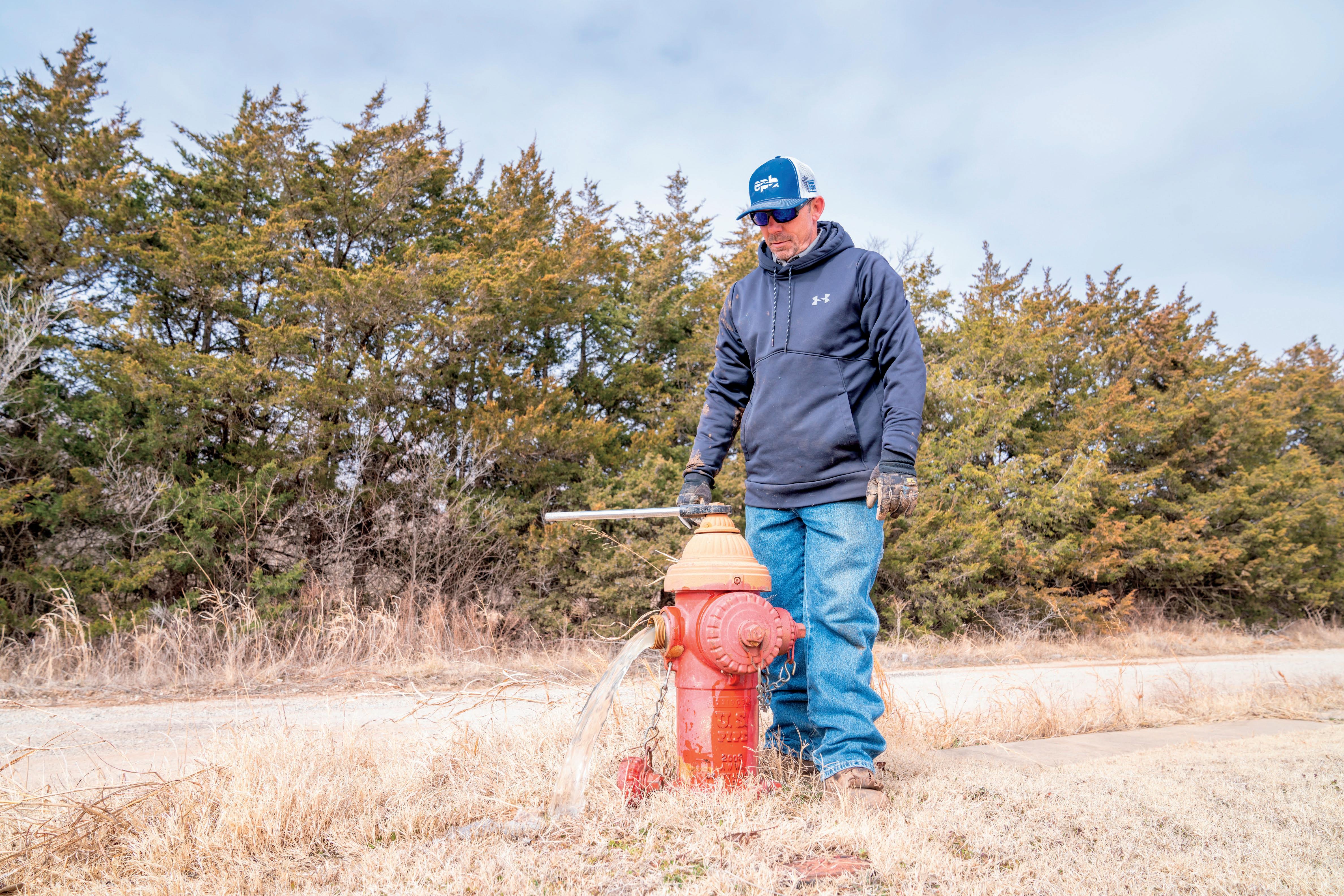
Bill Language: $9,450,000 shall be for national water and wastewater operator industry workforce training through apprenticeship programs registered with the Office of Apprenticeship of the Employment and Training Administration of the Department of Labor or a State apprenticeship agency recognized by the Office of Apprenticeship.
Report Language: The Committee directs the Secretary to make $9,450,000 in grant funding available for a nonprofit organization working with community water systems to establish, implement, expand, and administer registered apprenticeship programs to address nationwide shortages of qualified drinking water and wastewater operators, especially in rural America.
